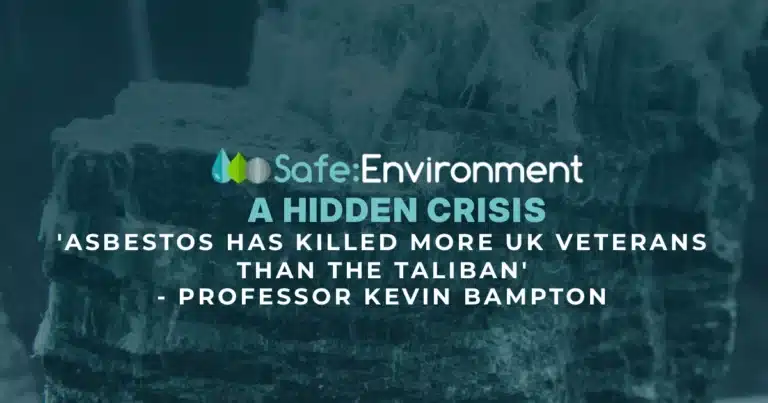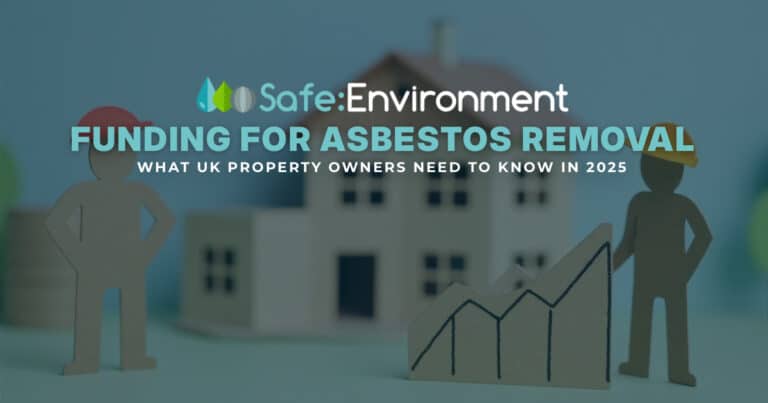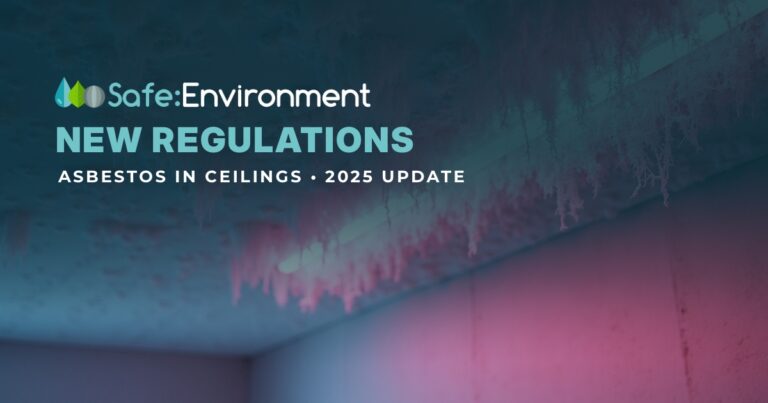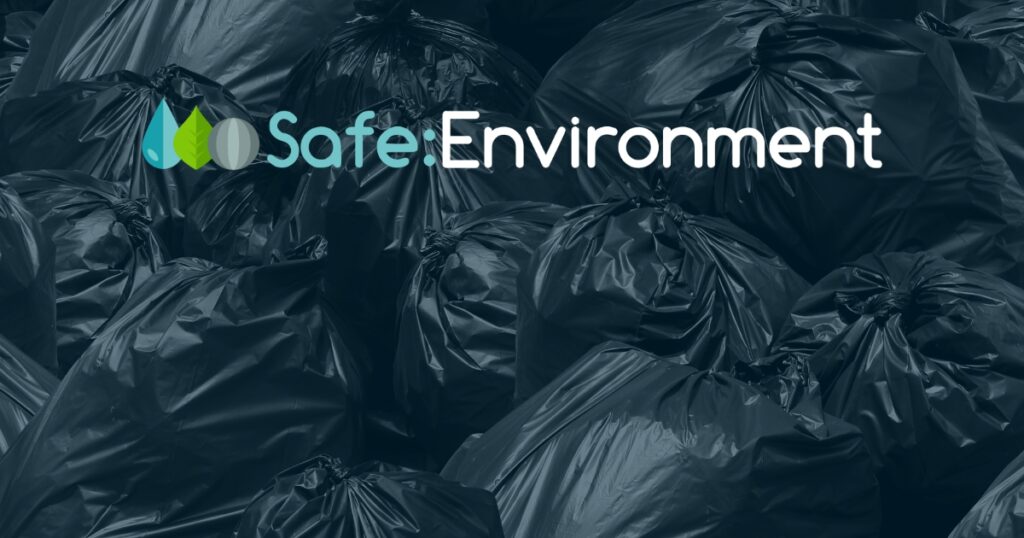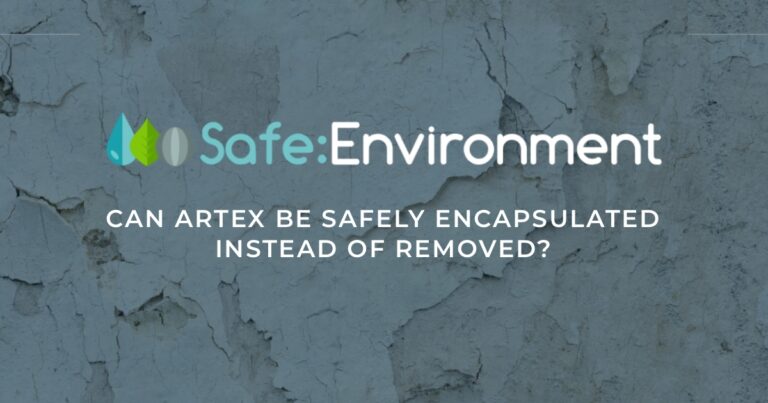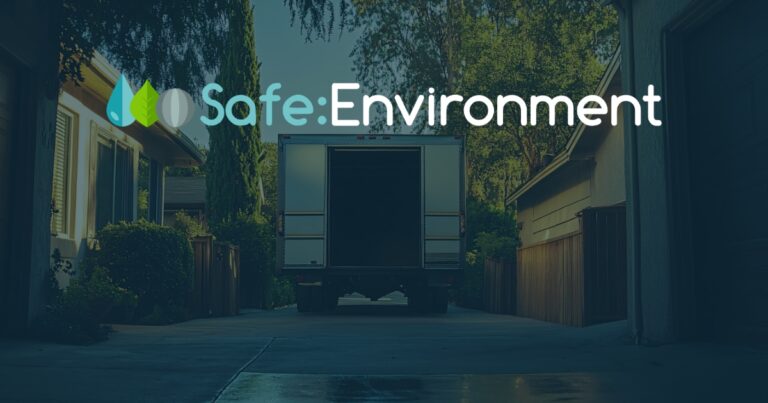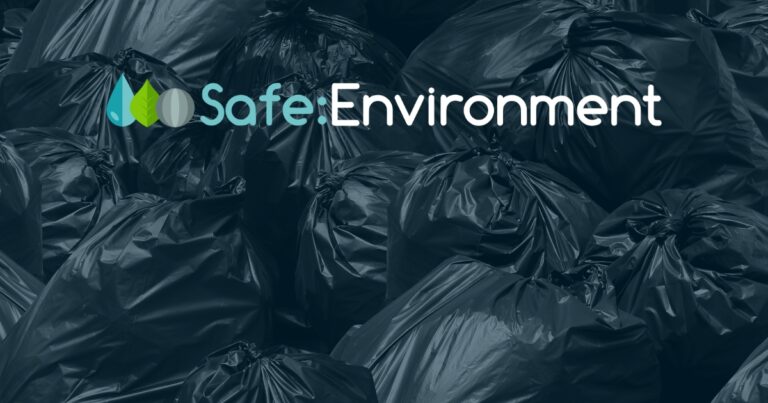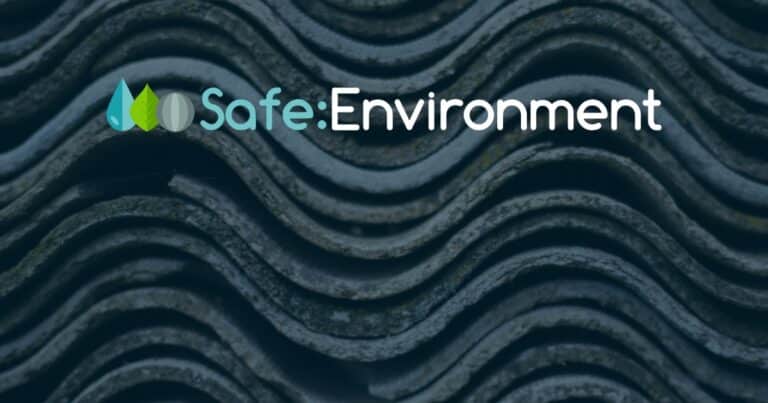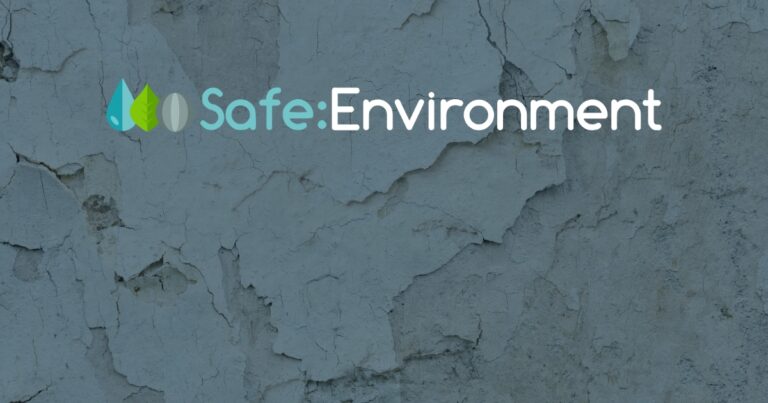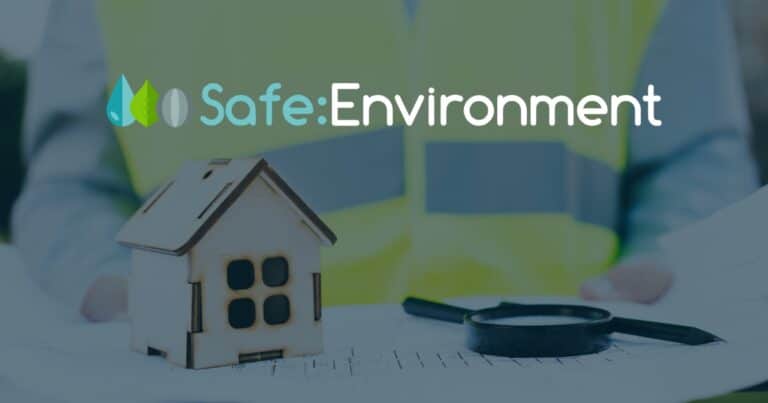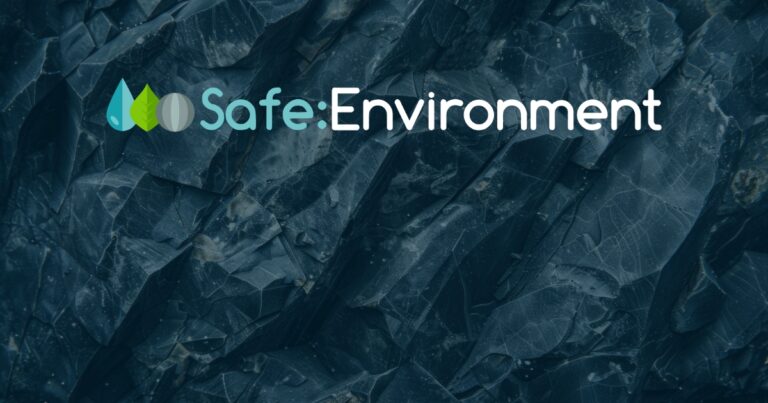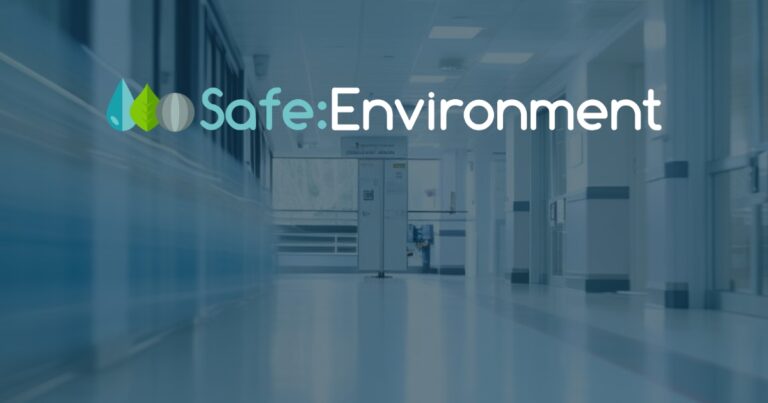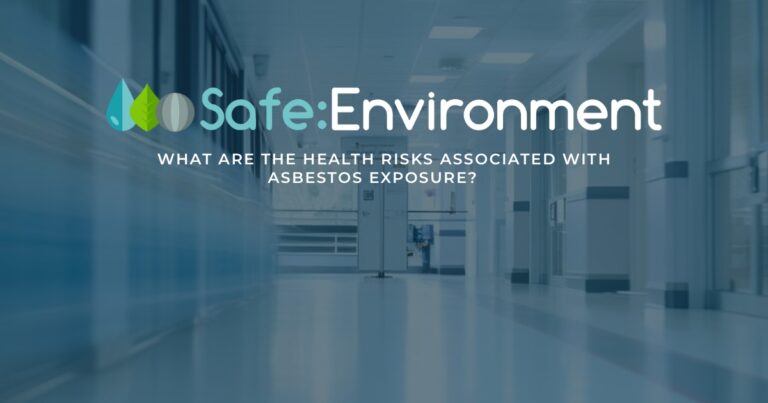Disposing of waste correctly begins with knowing how to identify and separate it. In the UK, general waste and hazardous waste are treated very differently under environmental law, and understanding this distinction is crucial for safe, legal waste management.
What Is General Waste?
General waste refers to non-hazardous materials that cannot be recycled but are not harmful to health or the environment. This includes everyday rubbish from homes, offices, and businesses—such as food wrappers, black bag waste, polystyrene, broken furniture, packaging, and similar items. General waste is typically collected by licensed waste carriers and disposed of at approved waste transfer stations. It does not require special handling, though it should always be managed responsibly to minimise landfill use.
What Is Hazardous Waste?
Hazardous waste contains substances that are harmful to people, wildlife, or the environment. It includes items like paint, solvents, cleaning chemicals, batteries, asbestos, pesticides, and electrical equipment containing toxic components. In the UK, hazardous waste is strictly regulated and must be kept separate from general waste. Businesses and households handling such waste must ensure it is collected by a specialist hazardous waste contractor and accompanied by legally required documentation, such as a Hazardous Waste Consignment Note.
Legal and Environmental Differences
The primary legal difference between general and hazardous waste lies in the handling and documentation required. General waste can be collected and processed by any licensed waste carrier, while hazardous waste demands specialised transport, storage, and disposal procedures. Failing to comply with hazardous waste regulations can lead to fines or prosecution.
Environmentally, general waste is often sent to landfill or used for energy recovery if recycling is not possible. Hazardous waste, however, must be treated in ways that prevent contamination, including chemical treatment or secure incineration at licensed facilities.
Why Proper Classification Matters
Incorrectly disposing of hazardous materials as general waste is not only illegal but also dangerous. It can contaminate the environment, cause serious health issues, and result in costly penalties. Proper classification ensures that each type of waste is processed in a way that protects the community and supports responsible waste management practices.
How Safe:Environment Can Help
At Safe:Environment, we specialise in reliable, compliant general waste removal and offer expert guidance on waste classification. If you’re unsure whether your waste includes hazardous components, our team can help identify the materials and arrange appropriate disposal solutions. By using our licensed services, you ensure your waste is handled legally and sustainably.
For fast and compliant general waste collection, visit our General Waste Removals page and book a slot today.


